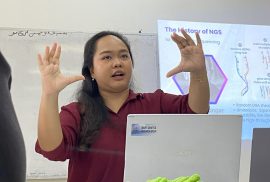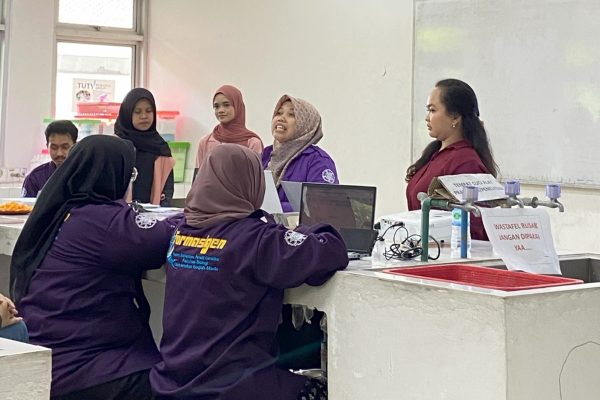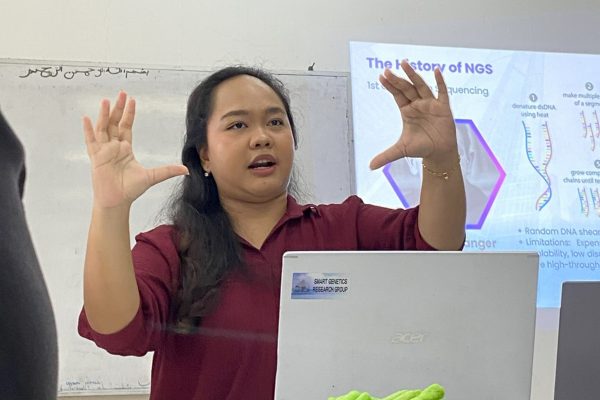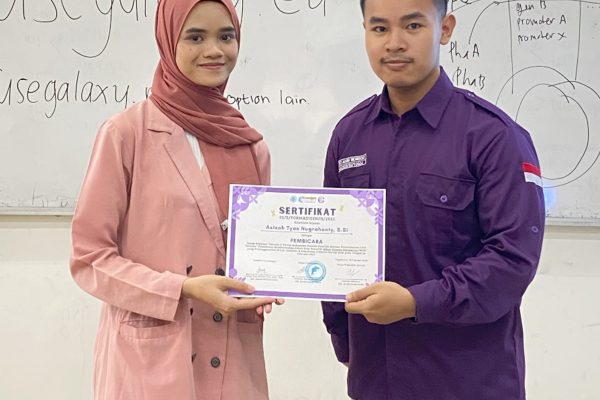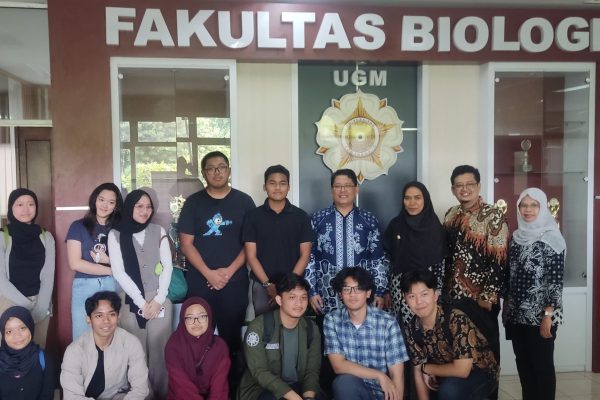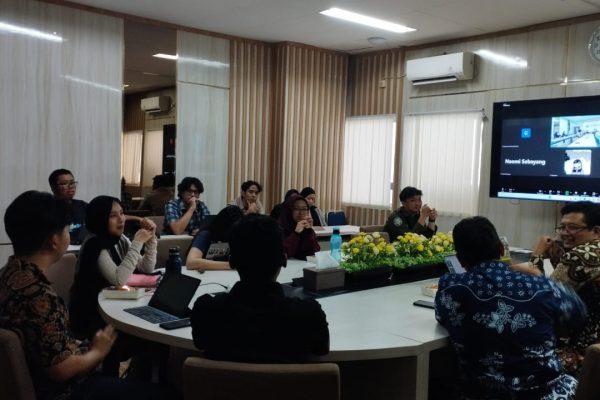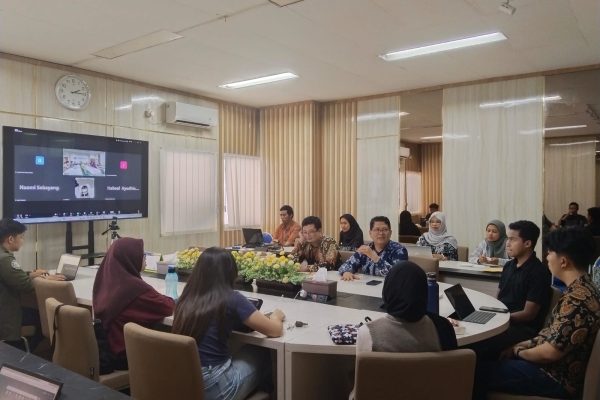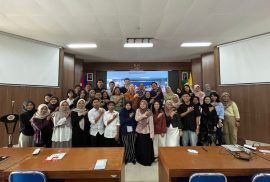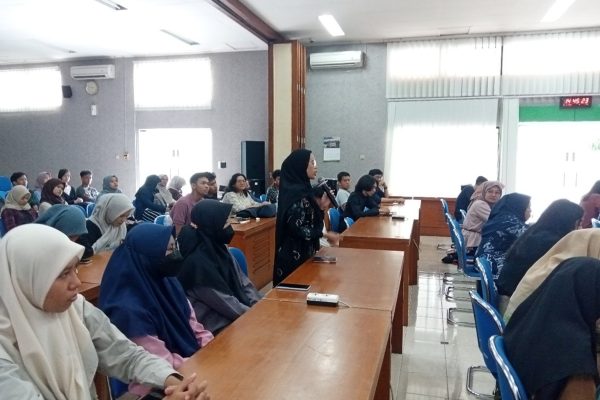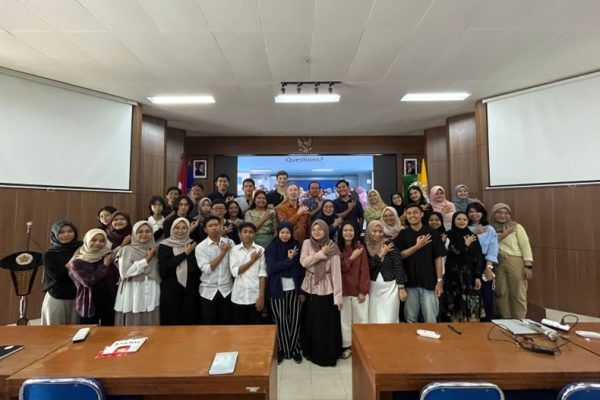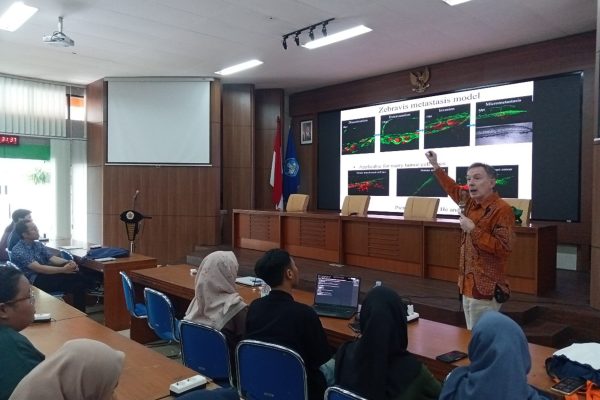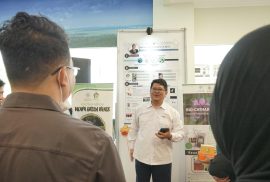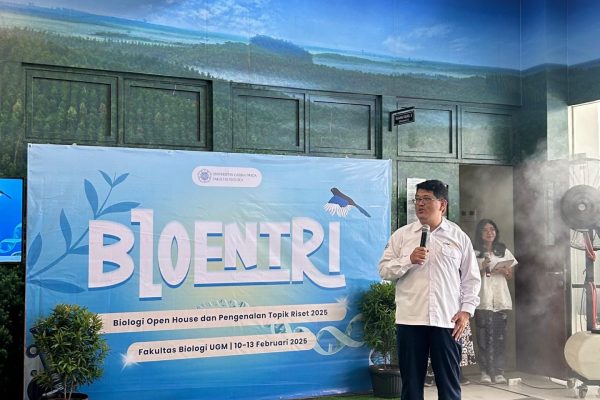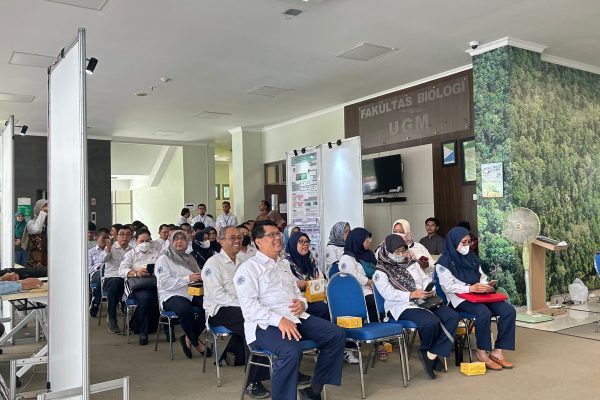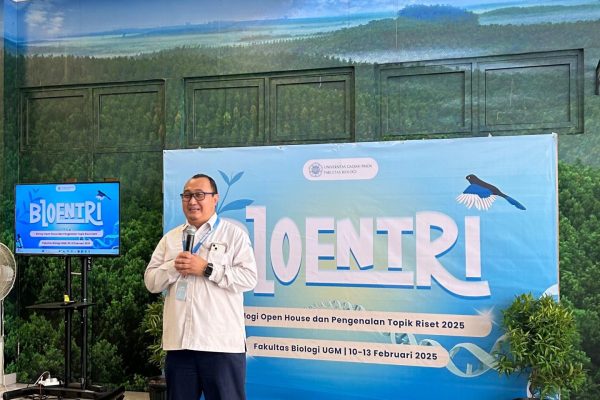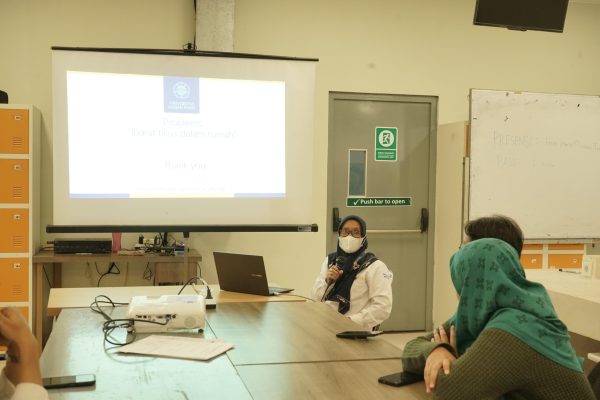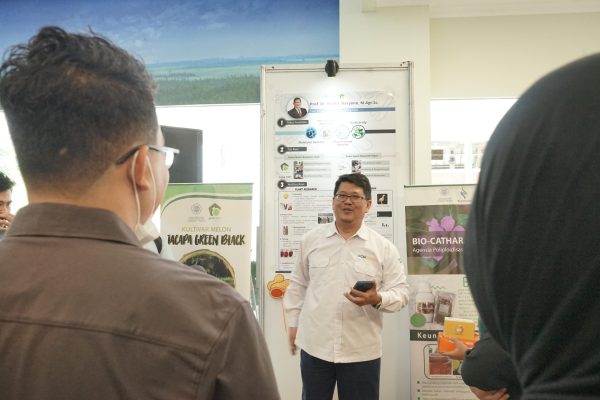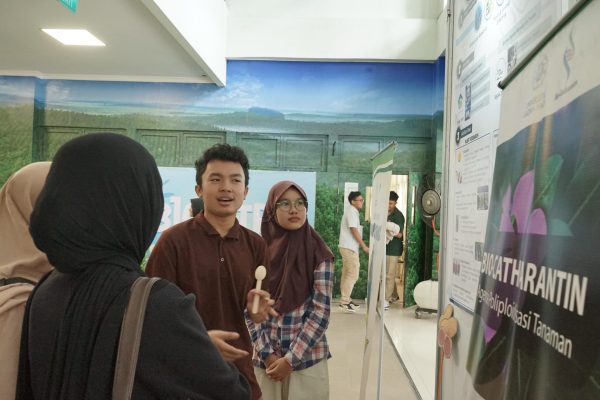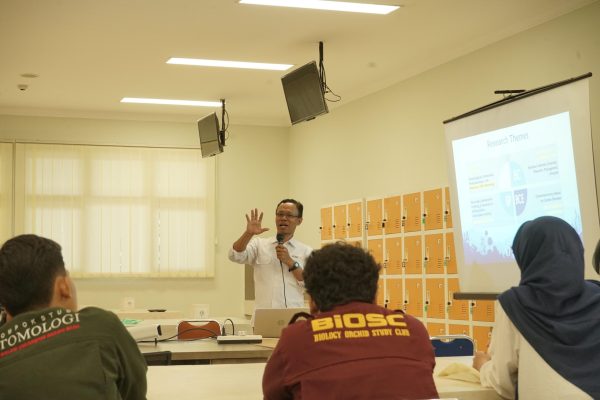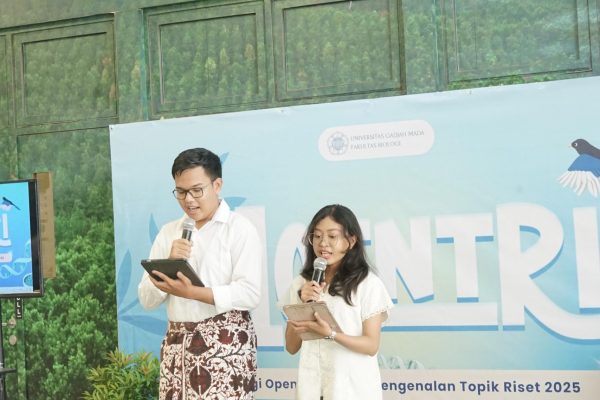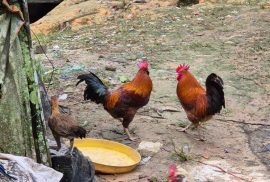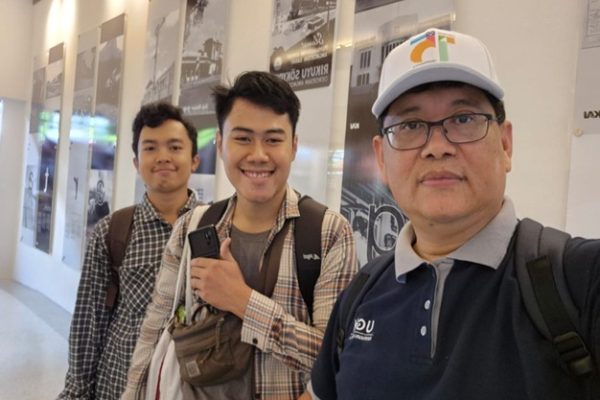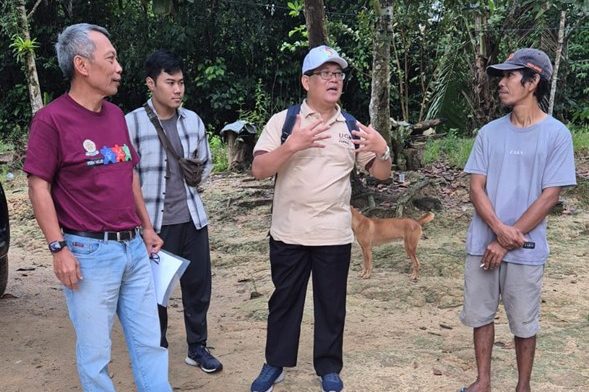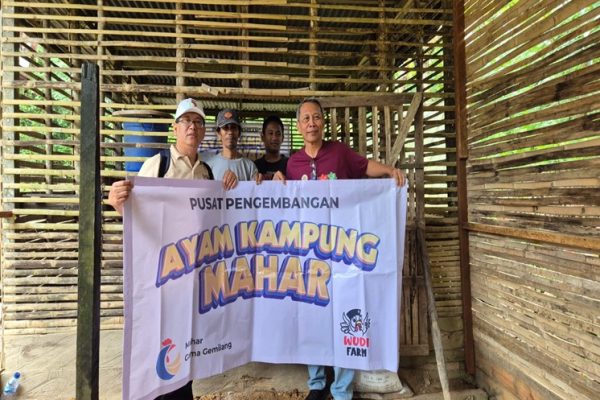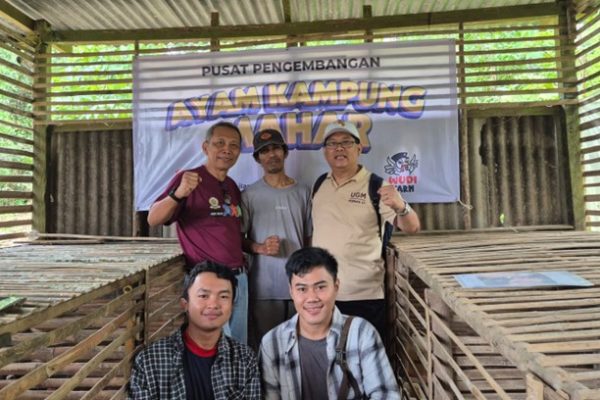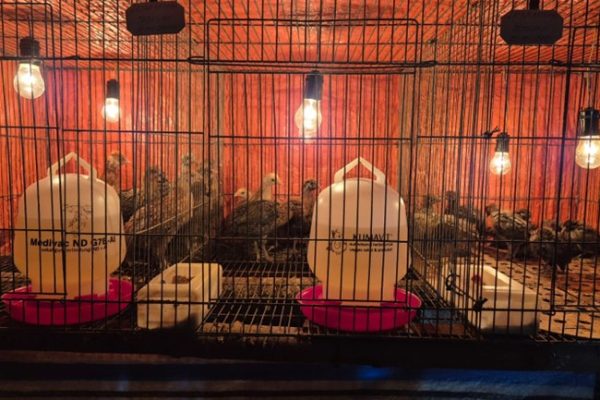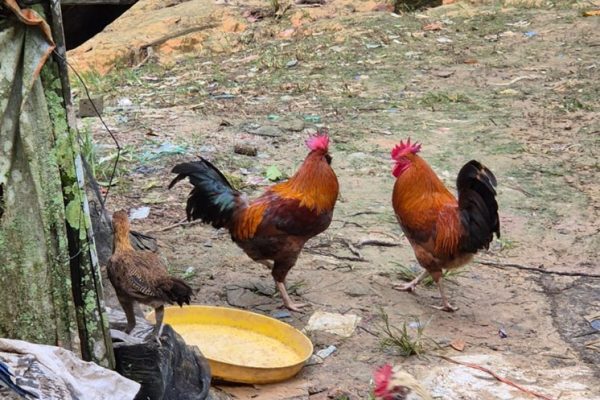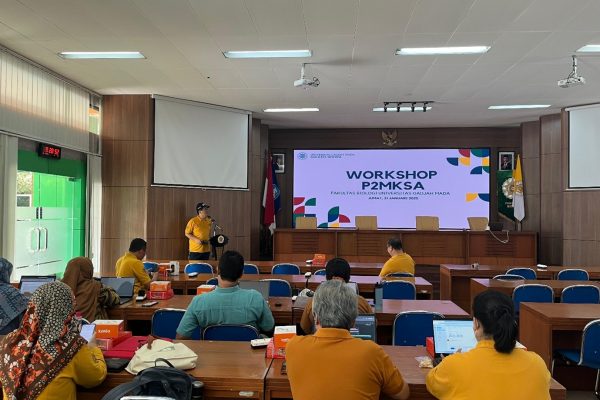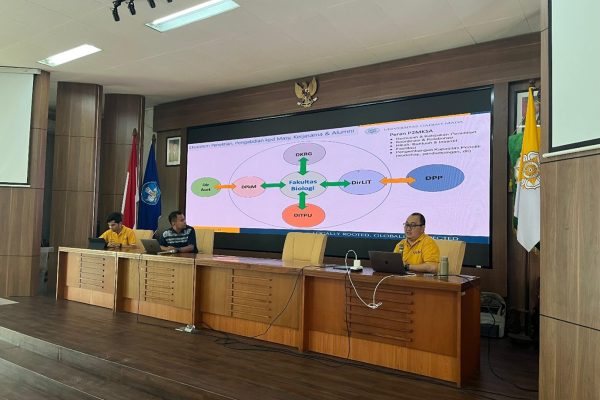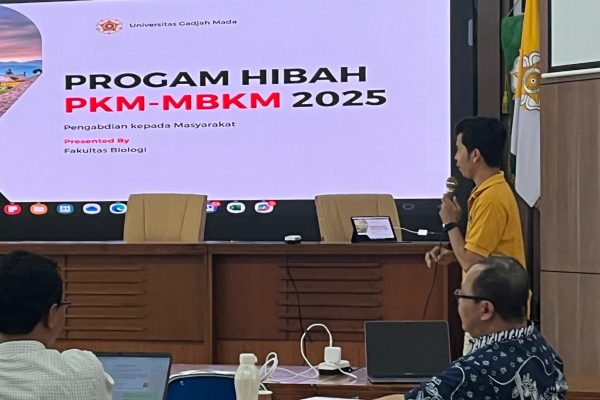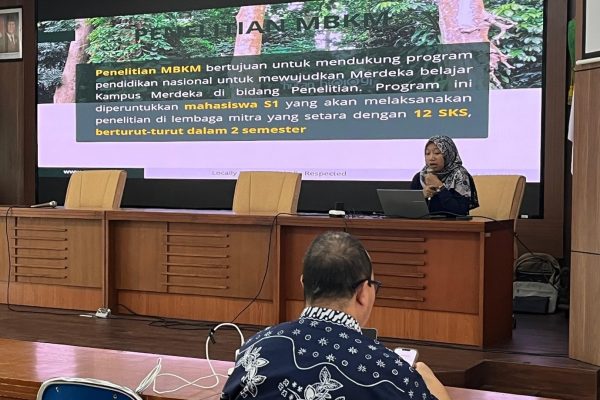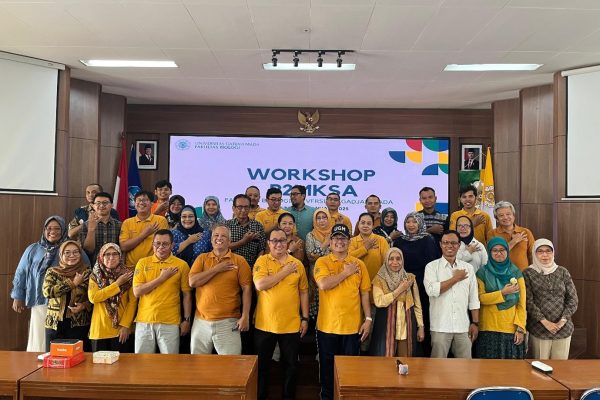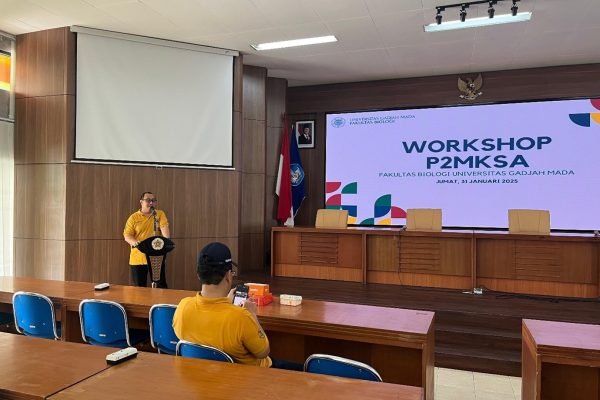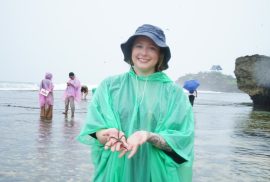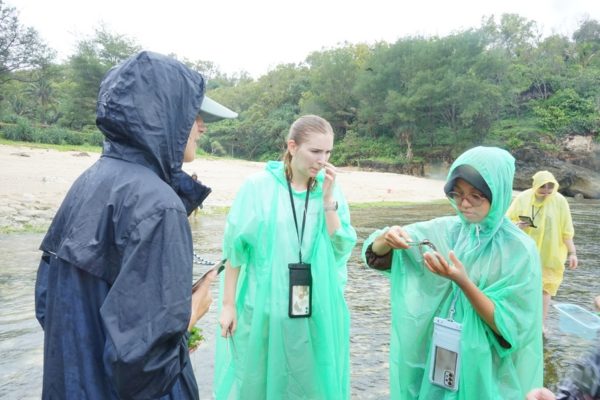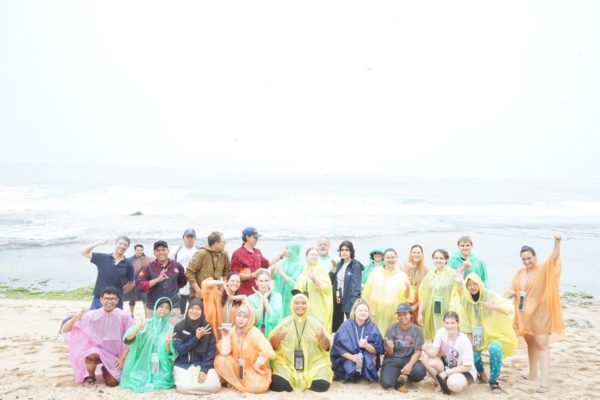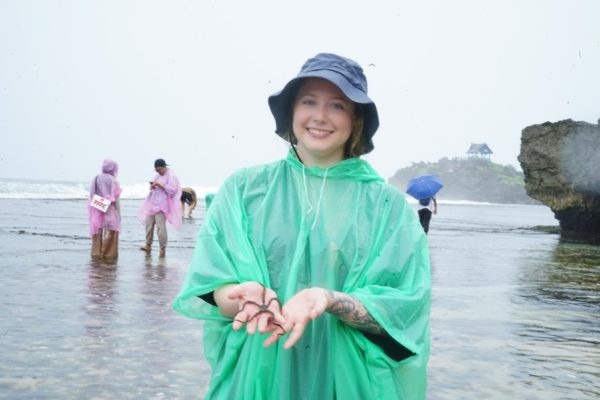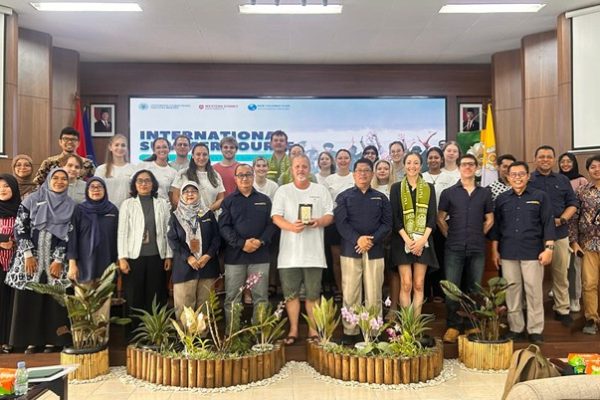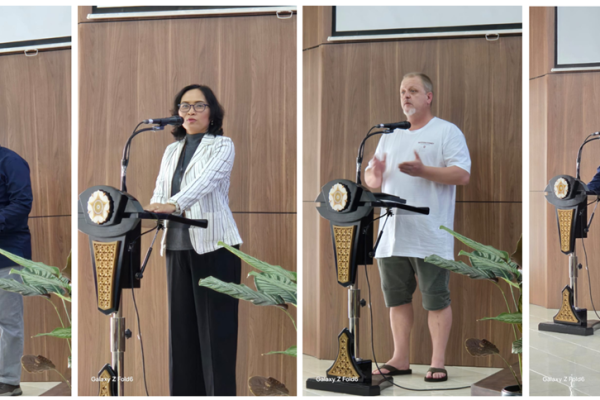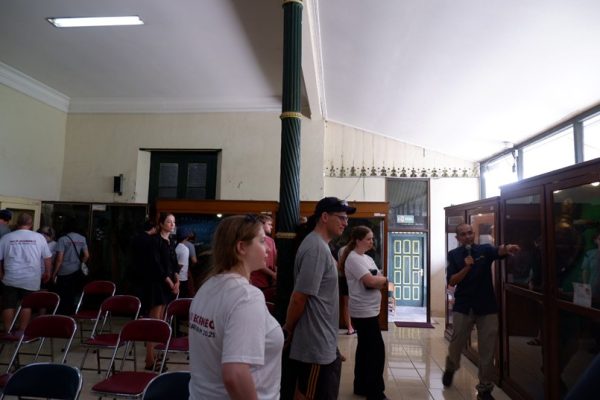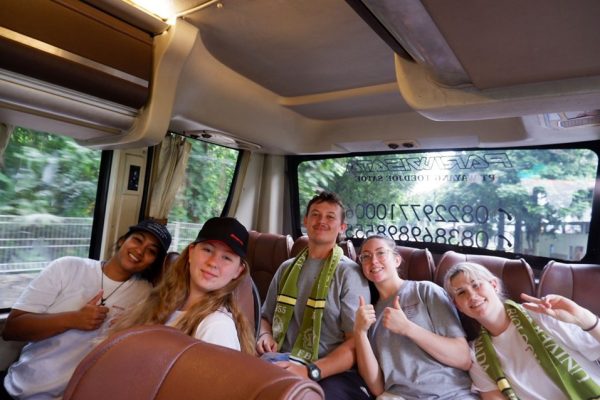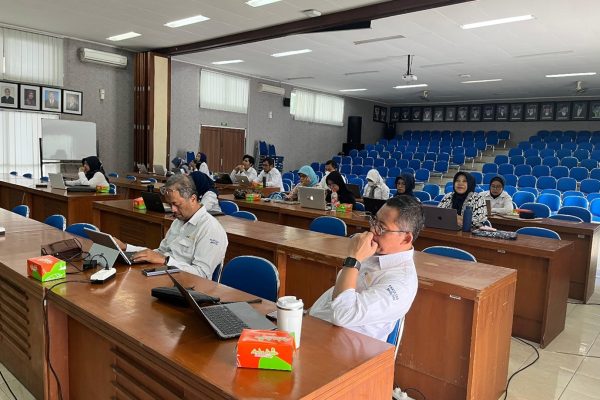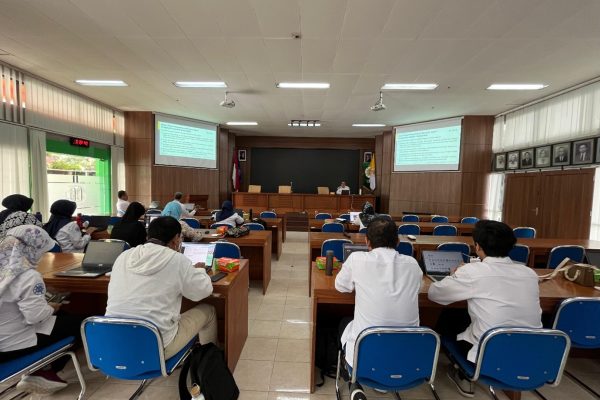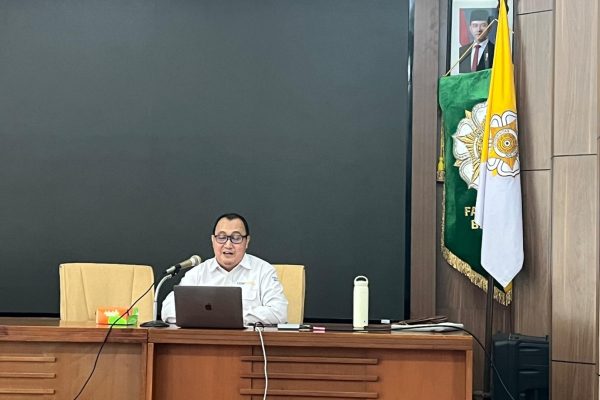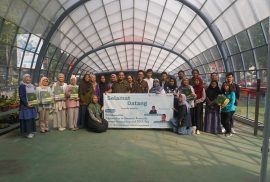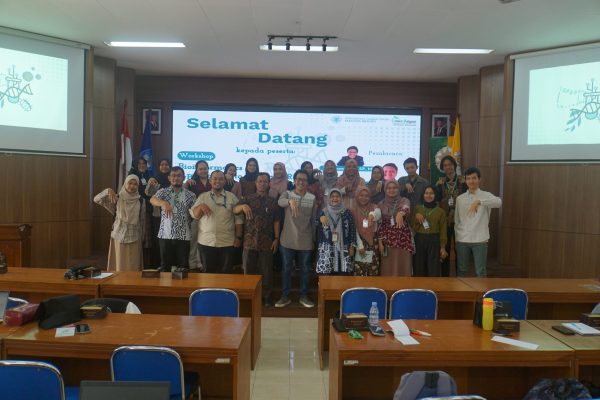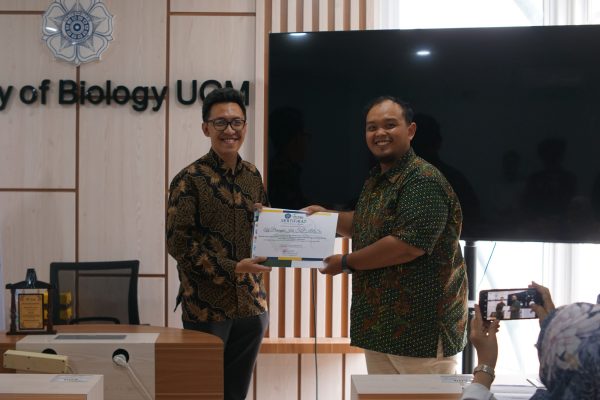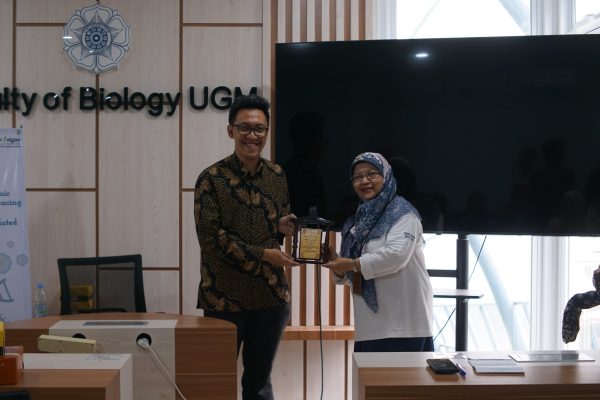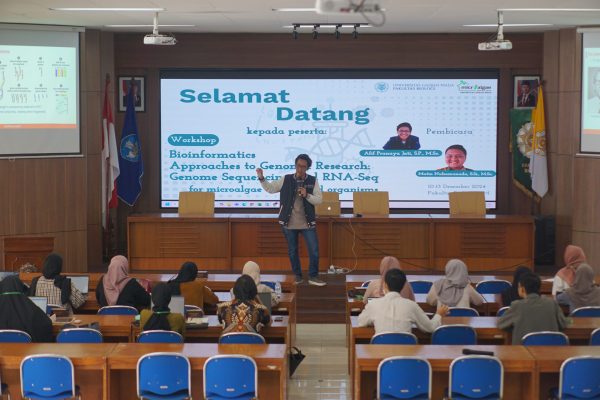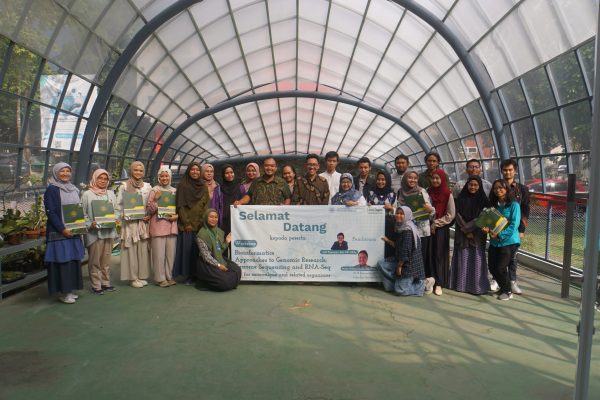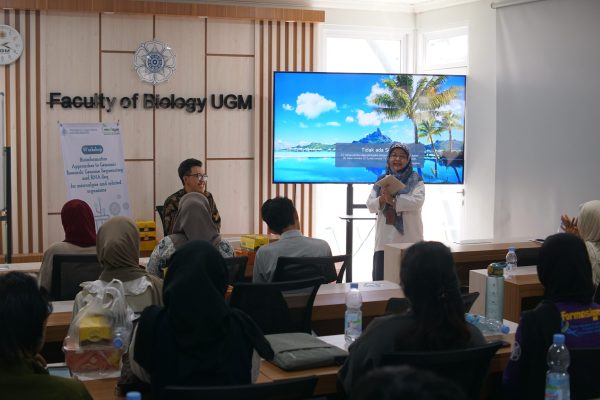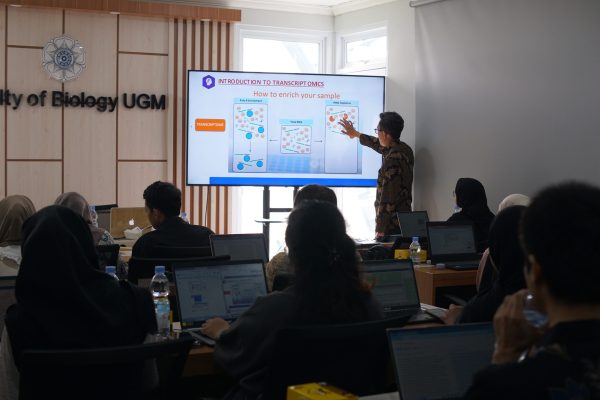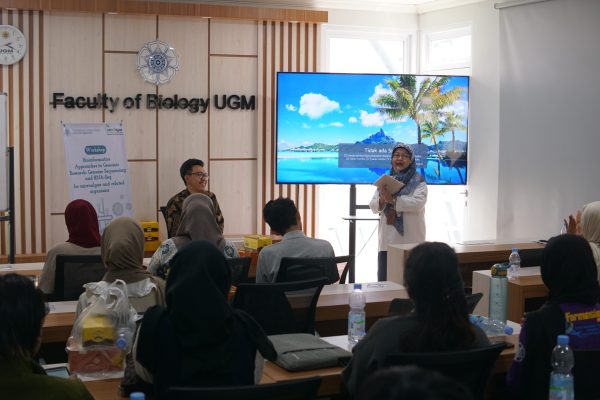SDG 4 : Provide Quality Education
Yogyakarta, February 13, 2024 – The Faculty of Biology, Universitas Gadjah Mada (UGM) held a release ceremony for the participants of the Sakura Science Exchange Program 2025 in the Yamagata University, Japan, on Thursday, February 13, 2024. The event, which was held in a hybrid manner, was attended by a number of faculty leaders, staff, and student participants of the program.
The Dean of the Faculty of Biology UGM, Prof. Dr. Budi Setiadi Daryono, M.Agr.Sc., in his remarks conveyed the importance of maintaining the good name of Indonesia and Universitas Gadjah Mada in front of the program participants. “Students are representatives of Indonesia and Universitas Gadjah Mada. During this program, you are asked to always maintain a disciplined attitude, be punctual, and help each other as participants. This is important to reflect the values upheld by UGM,” he said.
During this period, the Faculty of Biology UGM sent 16 students, consisting of 8 students who received scholarships and 8 students who were self-funded. The departing students will take part in training at Yamagata University and get the opportunity to learn more about Japanese culture. During the program, participants will be accompanied by Vice Dean for Academic and Student Affairs, Prof. Dr. Bambang Retnoaji, M.Sc., and guidance from Prof. Jun Yokoyama, who will guide them while in Japan.
The event was also attended by the Head of the Undergraduate Study Program, Sukirno, M.Sc., Ph.D., OIA Manager, Nur Indah Septriani, M.Sc., Ph.D., and the Coordinator of Academic and Student Affairs, Emi Dwi Suryanti, M.Sc. along with staff and students participating in the program.
The Sakura Science Exchange Program 2025 is an important opportunity for students of the Faculty of Biology UGM to develop their knowledge and skills through international collaboration and introduction to the rich Japanese culture.
With this program, the Faculty of Biology UGM hopes to continue to strengthen international cooperation, open wider learning opportunities, and form students who are ready to contribute at the global level.

“I highly appreciate the role of young lecturers in drafting this Master Plan and other programs. They are the next generation who will lead the Faculty of Biology toward greater progress and innovation,” he added.
“This Master Plan will be a strategic document that not only guides the faculty’s research and community service but also plays an important role in the accreditation process. With proper planning and the support of all lecturers, we can continuously improve the academic quality and contribution of the Faculty of Biology UGM, both nationally and internationally,” said Prof. Budi.
“Communication and collaboration are the keys to becoming part of the global community. We must also keep up with the dynamic changes in the world,” he said.

